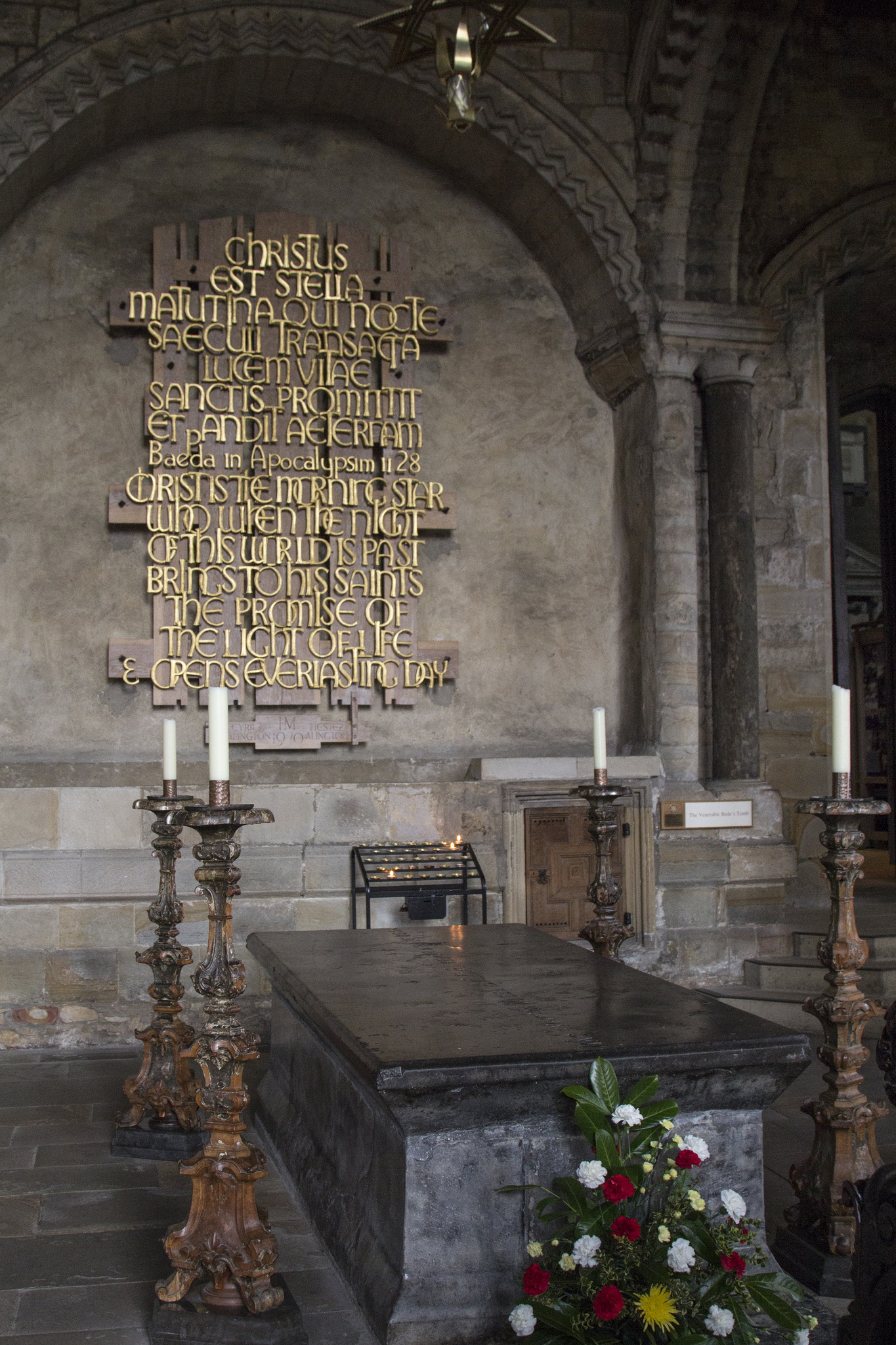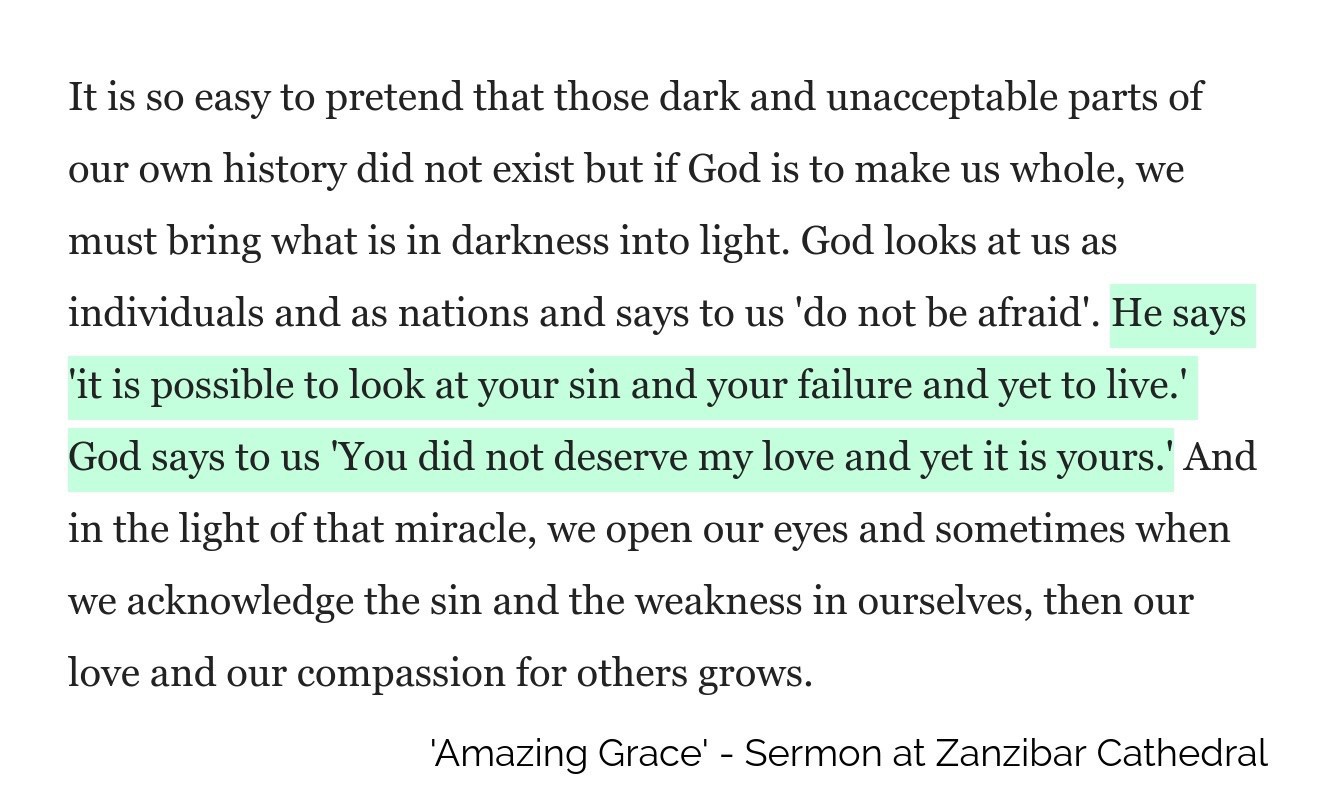Calendar
6/11/25
The Tower of Babel and Pentecost call us to reject the murky, downstream pursuits of self-reliance and instead seek the pure source of life found in God. At Pentecost, God comes down—not to control us, but to dwell within us, empowering us to live a Spirit-filled, unified, and abundant life.
Transcript
Continue reading →
1/8/25
In an ideal world, I pray the Daily Office with real books and by candlelight. In this world, I often find myself listening to Morning and Evening Prayer. Over the break I created this Shortcut that will load and play the correct audio Office depending on the time of day. You can edit or remove the “Prayer Intentions” popup as needed.
The audio is from the folks at Forward Movement. It is faithfully updated with Readings for Morning Prayer and Evening Prayer every single day—something sorely lacking in the dozens of versions of the audio Daily Office I have tried to date.
Continue reading →
8/11/24
A sermon on rest, interruptions, and what it means to be human. Mark 6 is the primary text. Proper 11, the Ninth Sunday after Pentecost 2024.
Continue reading →
8/11/24
By moving Jesus’s words about his body and blood out of the Last Supper and into the context of this chapter, what is John trying to reveal about humanity, and what is John trying to reveal about Jesus? A sermon for Proper 13 2024: the Eleventh Sunday after Pentecost. The primary text is John 6:24-35.
Transcript
Continue reading →
6/22/24
A sermon from Lent 2024 on adopting Psalm 22 as a prayer for Lent.
Continue reading →
6/3/24 →

Christus est stella matutina, Qui nocte saeculi transacta Lucem vitae sanctis promittit Et pandit aeternam, Alleluia
Christ is the morning star, who when the night of this world is past brings to his saints the promise of the light of life and opens everlasting day.
A prayer attributed to St. Bede, which is displayed beautifully at his tomb in Durham.
12/24/23 →
May He, who by His Incarnation gathered into one things earthly and heavenly, fill you with the fulness of inward peace and goodwill, and make you partakers of the Divine Nature; and the blessing of God almighty, + the Father, the Son and the Holy Spirit, be upon you and remain with you always. Amen.
5/8/23
The paragraph below, from Alan Jacobs, is an important one to comprehend. The rest of his post helps frame some of the wider issues at hand, and points to other helpful works for those seeking to read more widely on these things.
I want to make a stronger argument: that the distinctive “occupational psychosis” of Silicon Valley is sociopathy – the kind of sociopathy embedded in the Oppenheimer Principle. The people in charge at Google and Meta and (outside Silicon Valley) Microsoft, and at the less well-known companies that are being used by the mega-companies, have been deformed by their profession in ways that prevent them from perceiving, acknowledging, and acting responsibly in relation to the consequences of their research.
Continue reading →
9/10/22
I am thrilled to introduce Rhythms of Habit, a newsletter about approaching the Church Calendar as an apprenticeship in Holiness.
In addition to (hopefully) being a helpful and informative newsletter, this project is also a means of finalizing the draft of my next book, called Rhythms of Habit: The Church Calendar as an Apprenticeship in Holiness.
If you are already sold, head on over to Substack to join as a free or paid subscriber.
Continue reading →
1/3/22 →
Change your name, and fool the angel of death. Read more from my recent article for the Feast of the Holy Name here.
6/28/20 →
From a sermon preached in 2007 by Archbishop Rowan Williams.

6/17/20 →
Taken as a whole, the (Book of Common Prayer) is the ritual celebration of the seasons of our lives from birth to death in the light of the gospel.
Frank Griswold, in the foreword to Go In Peace, a small book on the Art of Hearing Confessions.
6/16/20
If we’re the time’s lords, we don’t determine when to celebrate feasts by looking at the phases of the moon. Paul goes apoplectic when Christians submit to the “elementary things” in the heavens (Gal. 4:8-11; Col. 2:16). As time lords, we have authority to decide when and how to celebrate. We must organize time obediently. We can organize time well only if we have the tunes of creation and redemption running in an endless loop through the ears of our soul.
Continue reading →

